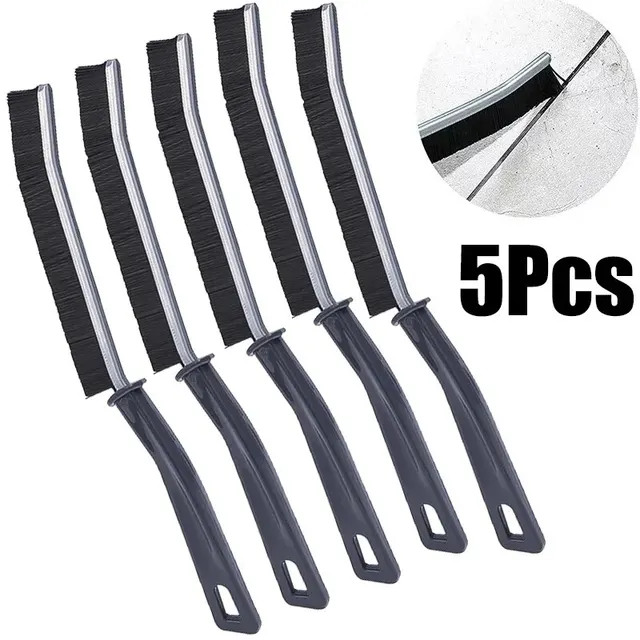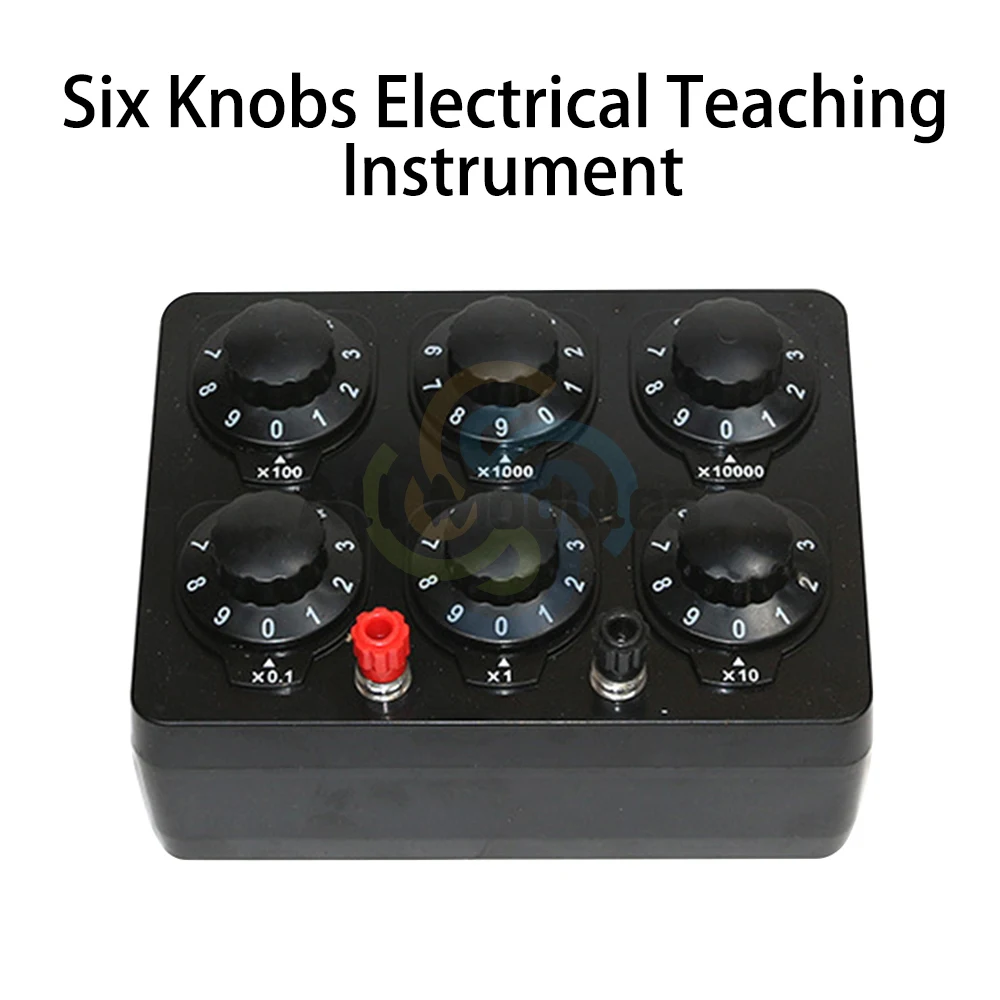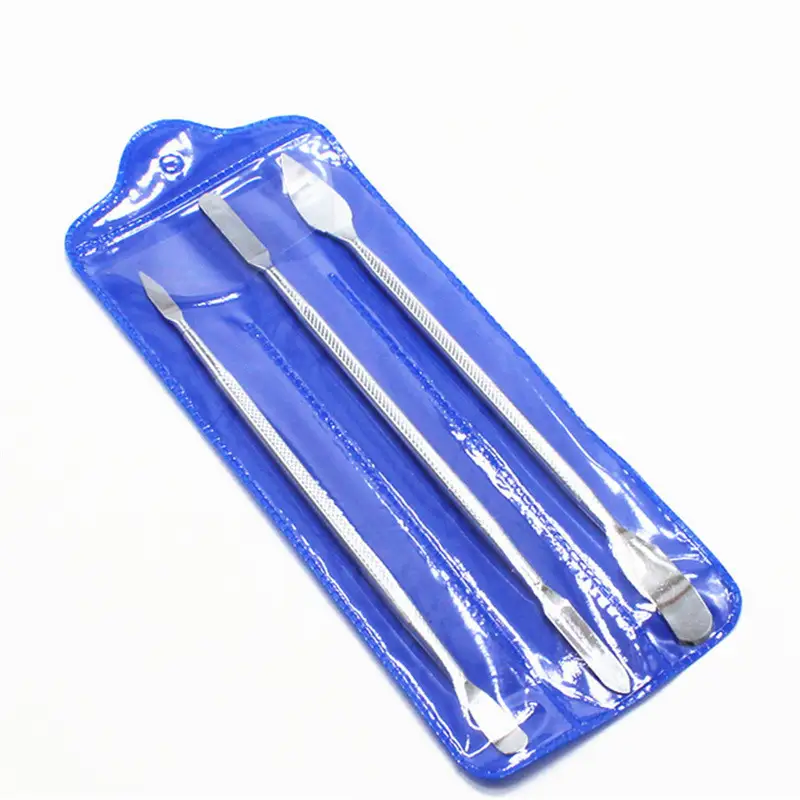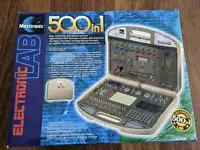This post is part of my video blog and you can find more information about this video over here.
You can support this channel on Patreon: patreon.com/JohnElliotV
Silly Job Title: Note Taker.
In this video we teardown an old Sanyo RM6018 clock radio which I found on the street when I was walking home the other day. A search for LM8560 datasheet turns up a lot of interesting info. The LM8560 is what implements the clock part of the circuit. The radio is separate. We’re looking at the clock first, might have a look at the radio some other time. I have ordered some parts from AliExpress so that I can do part 2 of this video, so stand by for that.
We use the METCAL PS-900 Soldering Station for some spot soldering.
We use the Pro’sKit SS-331H Desoldering Pump to to remove some wires.
We use the Fluke 17B+ Digital Multimeter to test the battery.
We use the Riden RD6006 Bench Power Supply to deliver power for testing.
We use the Bosch IXO VI Electric Screwdriver to remove the screws from the case.
Shout out to my mate @nanofix who I mention in this video. If you’re interested in reballing he has a lot to teach you! Check out his Ultimate Microsoldering Tool Guide, particularly for hints about cleaning supplies.
Thanks very much for watching! And please remember to hit like and subscribe! :)
Following is a product I use picked at random from my collection which may appear in my videos. Clicking through on this to find and click on the green affiliate links before purchasing from eBay or AliExpress is a great way to support the channel at no cost to you. Thanks!
Damotk 5pcs Crevice Cleaning Brush notes notes |
Let’s go shopping!



